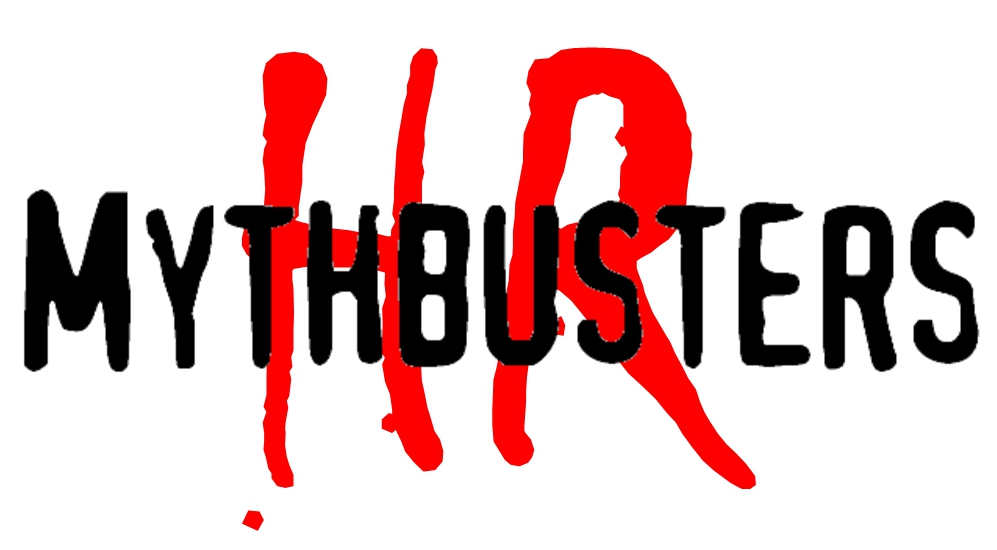A study by Namely takes cue from 1,25,000 employees and digs into real data points—real employees, real HR departments, real companies—and not just hypothetical situations.
Ask anyone about the latest trends in HR, and it is likely that they will tell you how chatbots will change HR or that performance reviews are a thing of the past and that the future workforce will be mainly telecommuting.
Yes, these may be important issues of discussion at forums, but what’s the present scenario? What are the current issues plaguing HR now?
A study by Namely that takes cue from 1,25,000 employees and digs into real data points—real employees, real HR departments, real companies and not just hypothetical situations.
So, here are a few mythbusters in HR:
MYTH #1
Millennials are job hoppers
Millennials have always been blamed for their short-term mentality with regard to careers, compared to their previous generations who take immense pride in being lifers.
Here is the revelation. Going by the belief that the 45 plus professionals are lifers and the millennials are hoppers, there should be a huge gap between the median tenure of the two. But the reality happens to be different.
The report suggests that there is very little gap between the median tenure of 55–65 year olds and 25–35 year olds. The older group has an average tenure of 2.53 years compared to 1.42 years for millennials. This proves that the employees from the older generation also changed jobs many times. In fact, the older generation has had a decade of more opportunity to extend their tenure at any given company, and in such a scenario, the year-long gap is essentially negligible.
HR teams need to consider this and accordingly plan their incentives to retain these millennials.
MYTH #2
Vacations negatively impact employee performance
It was believed that levels of engagement and productivity declined when people came back from vacations.
The study reveals that high performers took 19 vacation days every year, while those who were average performers took only 14. A study conducted by the University in Mannheim in 2012 found that ‘psychological detachment from work’— that is, a vacation absent of work in any form, including passively receiving e-mails—had a marked impact on well-being and job performance.
The fact is that many employees don’t exhaust all their leaves. Going by the belief that vacations do have a positive correlation to performance, the HR team should push employees to use their leaves adequately.
MYTH #3
Happiness lies in growth
A very straightforward assumption is that companies that grow faster will have a higher employee turnover rate. The fact is, employee happiness drops more dramatically at faster-growing companies. An analysis of companies with over 50 employees suggests that companies that grew faster actually had lower turnover among incumbents.
When a company is small, each and every employee plays a core role in the culture. When an employee leaves, the team feels a significant loss. It’s important to help employees maintain perspective.
MYTH #4
Fastest-growing jobs
In 2007, it was predicted that the fastest growing jobs will be in technology, healthcare, and finance. While these three remain sought-after jobs, the predictions had totally underestimated sales jobs. Sales-related job titles recur most frequently, second only to that of ‘engineer’.
Individuals who come to work each day, ready to hit the ground running, grow their careers, and collect paychecks, form the backbone of the organisation. For HR professionals, these employees should be the focus, and the agenda should be to hire, engage, or retain them.



